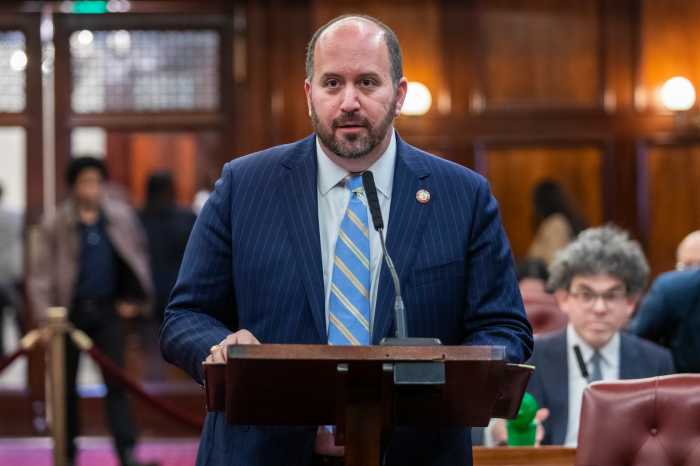Bristol-Myers Squibb must issue warnings on interactions among common HIV meds
In a move typically used to bury a news item, the federal Food and Drug Administration (FDA) sent out a press release late last Friday afternoon alerting physicians to some bad news concerning some commonly used anti-HIV drugs.
The November 12 press release announced that Bristol-Myers Squibb, the drug manufacturer, was issuing a “Dear Healthcare Provider” letter that included “important new clinical data” on four HIV drugs that can be used together.
In some small studies, patients were experiencing “early virologic failure” when taking Viread, also known as tenofovir; Videx EC, also known as ddI; and either Sustiva, also known as efavirenz, or Viramune, also known as nevirapine.
The “early virologic failure” came in patients who had not taken other HIV drugs and had a high viral load, or a large amount of the virus in their body. It “appears to be limited to” patients taking tenofovir and ddI with either efavirenz or nevirapine, the statement said.
“I’m sure they are commonly used,” said Gregg Gonsalves, director of treatment and prevention advocacy at the Gay Men’s Health Crisis (GMHC). “Tenofovir and efavirenz are very popular drugs. This is information that people should definitely take to their doctors and discuss with their doctors.”
The information was released in a blast e-mail just before 2:30 pm on Friday, according to the time stamp on the release. Handing out bad news on a Friday afternoon can be a public relations strategy to prevent a story from getting noticed. The assumption is that reporters are thinking more about their weekend than the news.
Gonsalves did not believe that strategy was being used in this case.
“This stuff has been circulated in other settings,” he said. “I think it’s a coincidence…It’s not a big deal.”
Other AIDS groups appear to share that view.
Both Paul Kawata, executive director of the National Minority AIDS Council, and Terje Anderson, executive director of the National Association of People with AIDS, did not respond to e-mails seeking comment.
The FDA said it released the information as soon as it could.
“The news is always going on here,” said Victoria Kao, an FDA spokesperson. “We have to follow an internal clearance procedure… This was released as soon as possible. We always release news like this as soon as we can.”


































